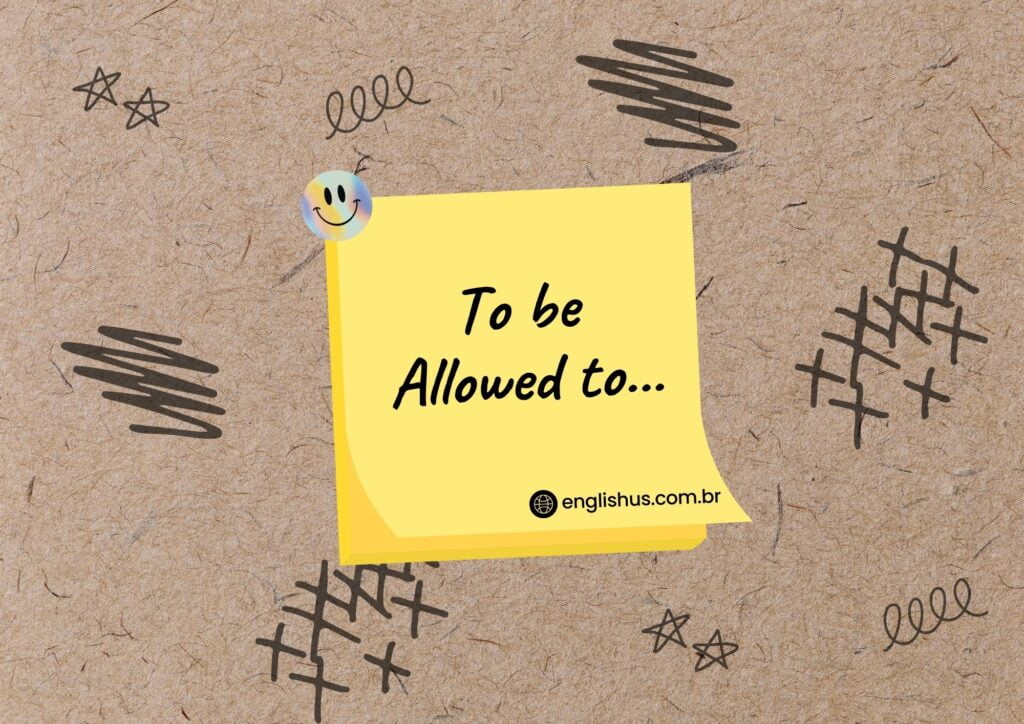Hello, EnglishUs readers! Welcome back to another exciting lesson. Today, we’re diving into the world of past modals, specifically focusing on how to use them to talk about possibility and probability in the past. These structures can add depth and clarity to your English, making you sound more fluent and natural. By the end of this article, you’ll understand how to use past modals like “could have,” “might have,” and “must have” with confidence. Let’s get started!
What Are Past Modals?
Past modals are modal verbs used to talk about past actions or events that were possible, probable, or certain. The main past modals we will focus on today are:
- Could have
- Might have
- Must have
Why Use Past Modals?
Using past modals helps you express different degrees of certainty about past events. Whether you’re speculating, expressing regret, or stating a logical conclusion, past modals are your go-to tools.
How to Use Past Modals
- Could Have
“Could have” is used to talk about something that was possible in the past but did not happen. It expresses missed opportunities or potential actions.
Structure: Could have + past participle
Examples:
- I could have gone to the party, but I was too tired.
- She could have studied harder for the exam.
In these sentences, “could have” indicates that there was a possibility of going to the party or studying harder, but it didn’t happen.
- Might Have
“Might have” is used to express uncertainty or possibility about a past action. It suggests that something was possible, but we are not sure if it happened.
Structure: Might have + past participle
Examples:
- They might have left already.
- He might have forgotten to call you.
In these sentences, “might have” shows that leaving or forgetting to call was possible, but we don’t know for sure if it occurred.
- Must Have
“Must have” is used to express certainty about a past action. It indicates that we are almost sure that something happened based on the evidence or logical deduction.
Structure: Must have + past participle
Examples:
- She must have been very tired after the trip.
- They must have known about the meeting.
In these sentences, “must have” implies a strong belief that being tired or knowing about the meeting is true, based on the information we have.
Using Past Modals in Context
- Speculating About the Past
Past modals are often used to speculate about what might have happened in the past. This is useful in conversations when you want to discuss possibilities without being certain.
Examples:
- He might have taken a different route to avoid traffic.
- She could have misunderstood the instructions.
- Expressing Regret or Missed Opportunities
When talking about missed opportunities or expressing regret, “could have” is frequently used.
Examples:
- I could have visited my grandparents if I had more time.
- We could have won the game if we had practiced more.
- Making Logical Deductions
“Must have” is used to make logical deductions about past events. This is when you have evidence or reasons to strongly believe something happened.
Examples:
- The ground is wet; it must have rained last night.
- She must have been happy to receive the award.
Common Mistakes to Avoid
- Confusing Present and Past Modals
Remember that past modals always use the structure modal + have + past participle. Do not confuse them with their present forms.
Incorrect: He could finish the report. Correct: He could have finished the report.
- Mixing Up Certainty and Possibility
Be careful to choose the right modal based on the degree of certainty or possibility.
Incorrect: He must have taken a nap. (if you are not certain) Correct: He might have taken a nap.
- Forgetting “Have”
Always include “have” in past modal structures.
Incorrect: She could missed the bus. Correct: She could have missed the bus.
Using past modals like “could have,” “might have,” and “must have” can greatly enhance your English by allowing you to express a range of possibilities and probabilities about the past. Practice these structures, and you’ll soon find yourself using them naturally in conversations and writing.
You’ve just unlocked a new level of understanding with past modals for possibility and probability. Keep practicing these structures to build your confidence and fluency. For more tips and strategies on improving your English, check out the ebook “The Personal Development through English Language.” This ebook is packed with practical advice and inspiring stories that will help you enhance your language skills and achieve your personal goals. It’s not just about learning English; it’s about using the language to unlock new opportunities and transform your life. So, grab your copy today and continue your journey toward becoming fluent and confident in English! For more information, click HERE.
Keep practicing, stay curious, and see you next time on EnglishUs!

